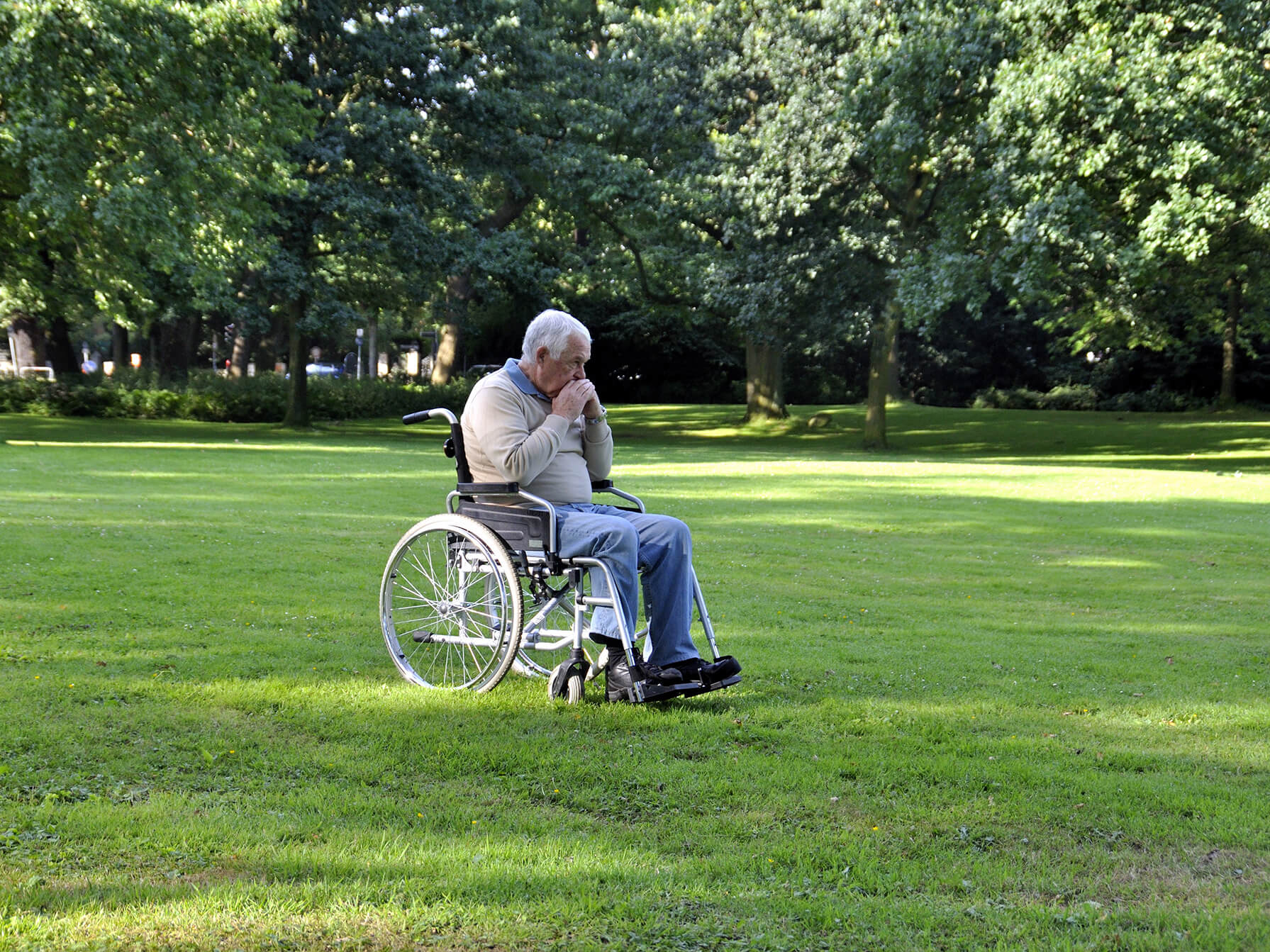Caregiving Basics
In any caregiving situation, there are four basic guidelines
to help ensure that you offer loved ones
the attention and support that they need.

PRAY
Whether before, during or after a caregiving experience, prayer helps ensure that our caregiving reflects the heart of God. In praying before we offer care, we acknowledge our reliance on God’s strength and healing. Prayer in the midst of care directly communicates our support for our friend, reminding them of the comforting power of the Holy Spirit (remember: ask permission to pray with a friend as well as what their prayer requests are). Following up your care with a commitment to continue praying offers additional encouragement and support for the one in need.
LISTEN
Compassionate empathetic listening is a caregiving guideline that is often taken for granted or overlooked, but it’s often the most powerful way you can help a person who is suffering. To listen well you must offer your complete, undistracted attention. You must also commit to hearing more than speaking, resisting the urge to give advice or tell your own story. When you respond, acknowledge the person’s pain and ask clarifying questions. You may also encourage them to name their own feelings, struggles and thoughts.


RESPECT THE GRIEF JOURNEY
Grief is a normal and natural journey by which a person makes a healthy adjustment to any significant loss in his or her life. Anticipating and accepting the emotions a grieving person experiences will let them know you are open and kind, offering room for them to process and feel what is happening for them in healthy ways. Emotions you may observe in a grieving friend include shock, denial, depression, anger, fear and bargaining. As you welcome and listen to these emotions without managing them or offering tips and advice, you help a grieving person journey towards acceptance. Remember: stay present and gracious as you engage the wounded’s grief.
PRESERVE THE DIGNITY
“Human dignity” can be defined as one’s self-worth. Our caregiving should not diminish a person’s feelings of self-worth/self-respect. Whether we care for a co-worker who is going through a divorce, a friend who has cancer, or for a spouse or parent–we need to remember that the person is first of all a child created by God. So engage their thoughts, feelings, struggles and dreams in light of that truth. When you wonder how to respond, ask yourself what you would want done to you in that same situation.

Explore Articles on Caregiving Basics

A Hostess Basket
When visiting a person in a nursing home or a person who is home-bound, consider giving the person a hostess basket: To create a hostess basket, fill the basket with an array of treats: such as,...

TakeThemAMeal.com
Do you ever wonder what foods to take to a ill friend or a coworker or neighbor who is going through a challenging time? There is a wonderful online tool which offers lots of ideas....

What Would You Like For Dinner?
What would you like for dinner? That is what I asked my friend when she was recovering from a serious infection. Then I gave her a choice: “Would you like a chicken dish, pasta, soup and salad or...

I Have Parkinson’s
Are you kind and respectful to all people even to those who look or behave differently than you do? My brother, Harold, had Parkinson’s disease. My nephew, Larry, told me that often when he and his...

Help Someone Cry
By Chic Broersma A little girl on an errand for her mother took too long in getting back. “Why?” Mom asked. The youngster explained she was on her way home when she met her friend who was crying...

Caregiving Basic: Preserve the Dignity of the Person
What do we see as we care for a person who is suffering? Do you see that person as a burden, an irritation, an interruption, or an old needy person? As caregivers–whether we are caring for a co-worker who is going through a divorce, or a friend who has cancer, or caring-full-time for a spouse or parent–we need to remember that the person is first of all a child created by God.
